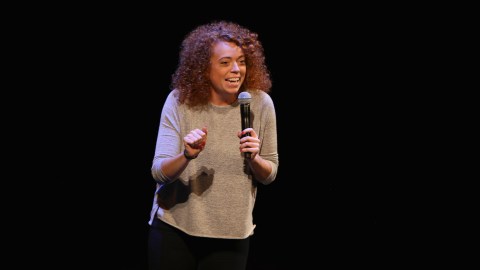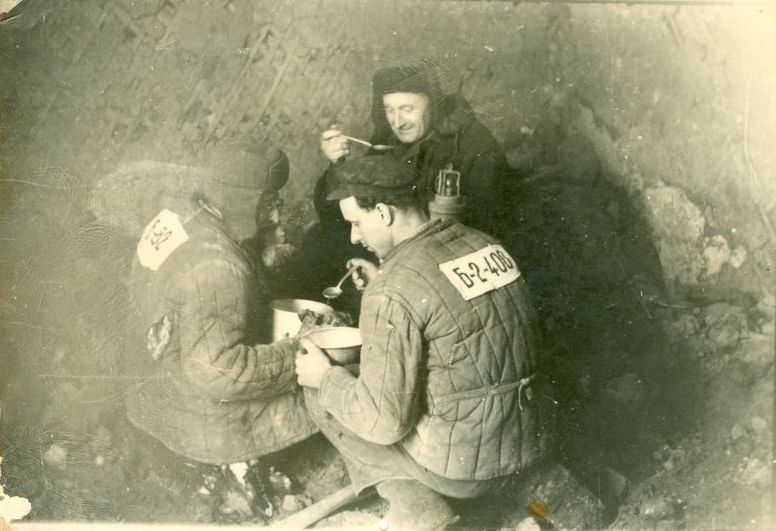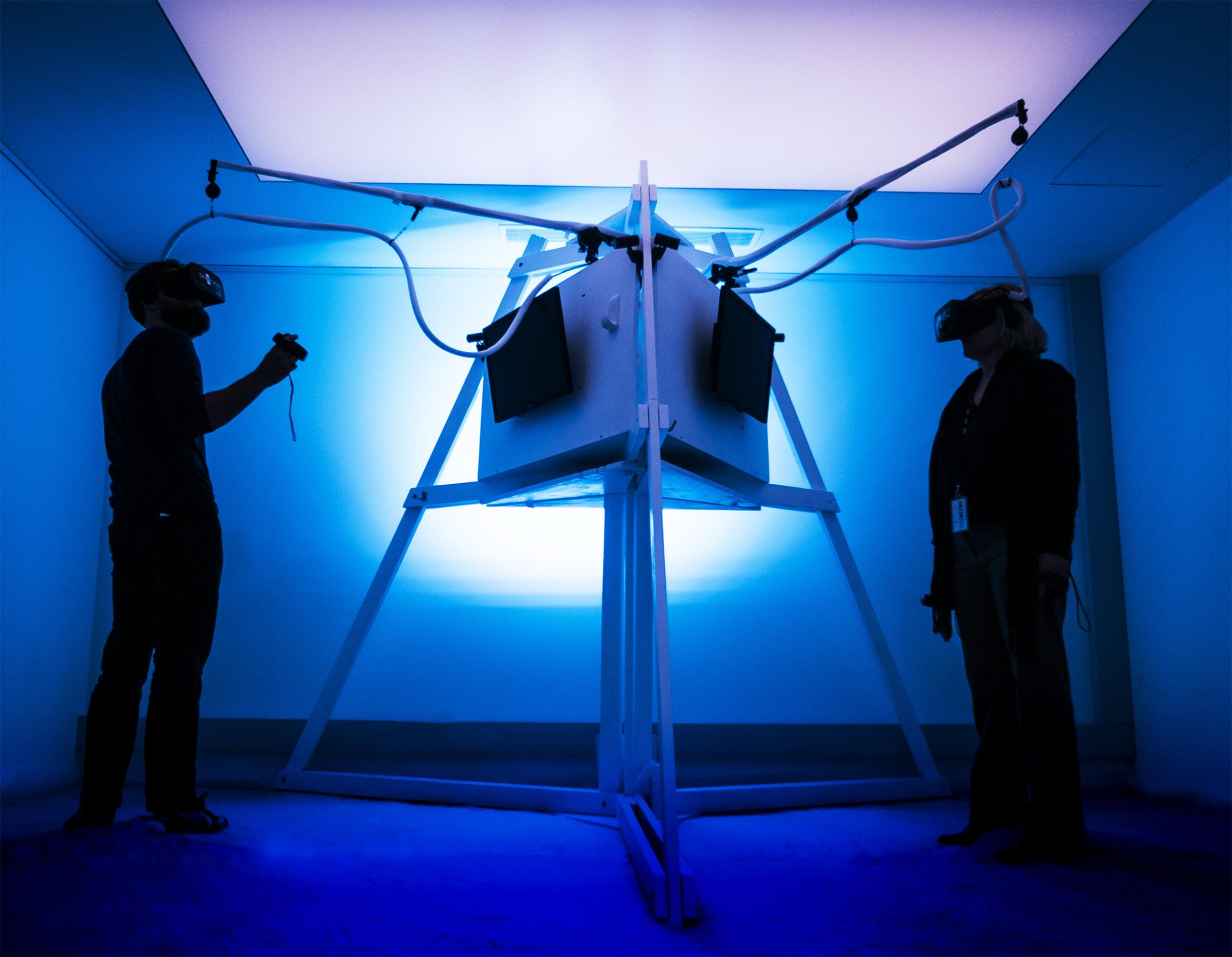Why the White House Correspondents’ Association dinner won’t feature a comedian in 2019

(Photo by Anna Webber/Getty Images for Vulture Festival)
- The 2018 WHCA ended in controversy after comedian Michelle Wolf made jokes some considered to be offensive.
- The WHCA apologized for Wolf’s jokes, though some journalists and many comedians backed the comedian and decried arguments in favor of limiting the types of speech permitted at the event.
- Ron Chernow, who penned a bestselling biography of Alexander Hamilton, will speak at next year’s dinner.
For the first time in 16 years, the White House Correspondents’ Association has chosen not to hire a comedian to appear at its annual dinner. Instead, the WHCA has invited Ron Chernow, the renowned biographer of Alexander Hamilton, to speak at next year’s event scheduled for April 27.
The decision, announced today, comes after Michelle Wolf’s 2018 appearance during which the banker-turned-comedian caused controversy by making jokes deemed divisively offensive by some, and pointedly satirical by others.
Wolf’s most controversial joke from April’s appearance was aimed at White House Press Secretary Sarah Sanders.
“I actually really like Sarah. I think she’s very resourceful. Like, she burns facts, and then she uses the ash to create a perfect smoky eye. Like, maybe she’s born with it; maybe it’s lies. It’s probably lies,” Wolf said.
Many considered this to be an offensive joke denigrating Sanders’ physical appearance, while Wolf said the joke’s target was clearly the press secretary’s dishonesty.
“All these jokes were about her despicable behavior,” Wolf said.
In any case, the uproar left the association spooked. After Wolf’s appearance, the WHCA issued a statement calling the comedian’s remarks divisive and “not in the spirit” of a sending a “unifying message about our common commitment to a vigorous and free press, while honoring civility, great reporting and scholarship winners.” Many journalists disagreed with the association’s postmortem, calling its statement “cringeworthy” and noting that unifying people “has absolutely nothing to do with journalism.”
Following today’s announcement, Wolf called the WHCA “cowards.”
What’s the point of the WHCA dinner?
It depends whom you ask. For decades, the annual event has been, more or less, a roast during which the president and other officials sit and take some jokes from a comedian. Sometimes the material is relatively benign. But it can also be brutal, like in 2007 when Stephen Colbert stood feet away from former President George W. Bush and said, “I believe the government that governs best is the government that governs least, and by these standards, we have set up a fabulous government in Iraq.”
Some see the annual event as a ritual of free speech—a rare opportunity for the public to see, if just for a few minutes, its elected president in a state of relative vulnerability, enduring blows that would never fly under the rule of a despot or king.
But others, while they may or may not agree with the event’s usefulness concerning free speech, say WHCA dinners have become increasingly polarized and partisan, and that viewers might get the false impression that the featured comedian is speaking for journalists as a whole. Concerning suggestions that the event is polarizing, it’s worth noting that the majority of comedians who’ve appeared at the event in recent years have leaned toward the left, as most comics do.
It’s for these reasons that some have questioned the purpose of continuing the dinners at all—especially if the president continues to opt out. Of course, these objections might become less relevant now that the association has hired an author to headline the event.
“As we celebrate the importance of a free and independent news media to the health of the republic, I look forward to hearing Ron place this unusual moment in the context of American history,” WHCA President Olivier Knox said in a statement on Monday.
Chernow said Monday that freedom of the press is “always a timely subject and this seems like the perfect moment to go back to basics,” adding: “While I have never been mistaken for a stand-up comedian, I promise that my history lesson won’t be dry.”
Chernow’s appearance at the dinner, which is the association’s premiere fundraising event, could prove to be perfectly entertaining, even educational. But the trade-off could be that the performance becomes not so much the acting out of free speech but rather a very good explanation of it.
In any case, the association might do well to use the suggestion of Chicago Tribunejournalist Clarence Page for its 2020 dinner:
“Keep the entertainment, but let the president have the last word. As the closing speaker, he or, someday, she will be able to smooth whatever feathers might have been ruffled earlier or can choose to ruffle some more. Even Trump would have a hard time turning down that offer.”





